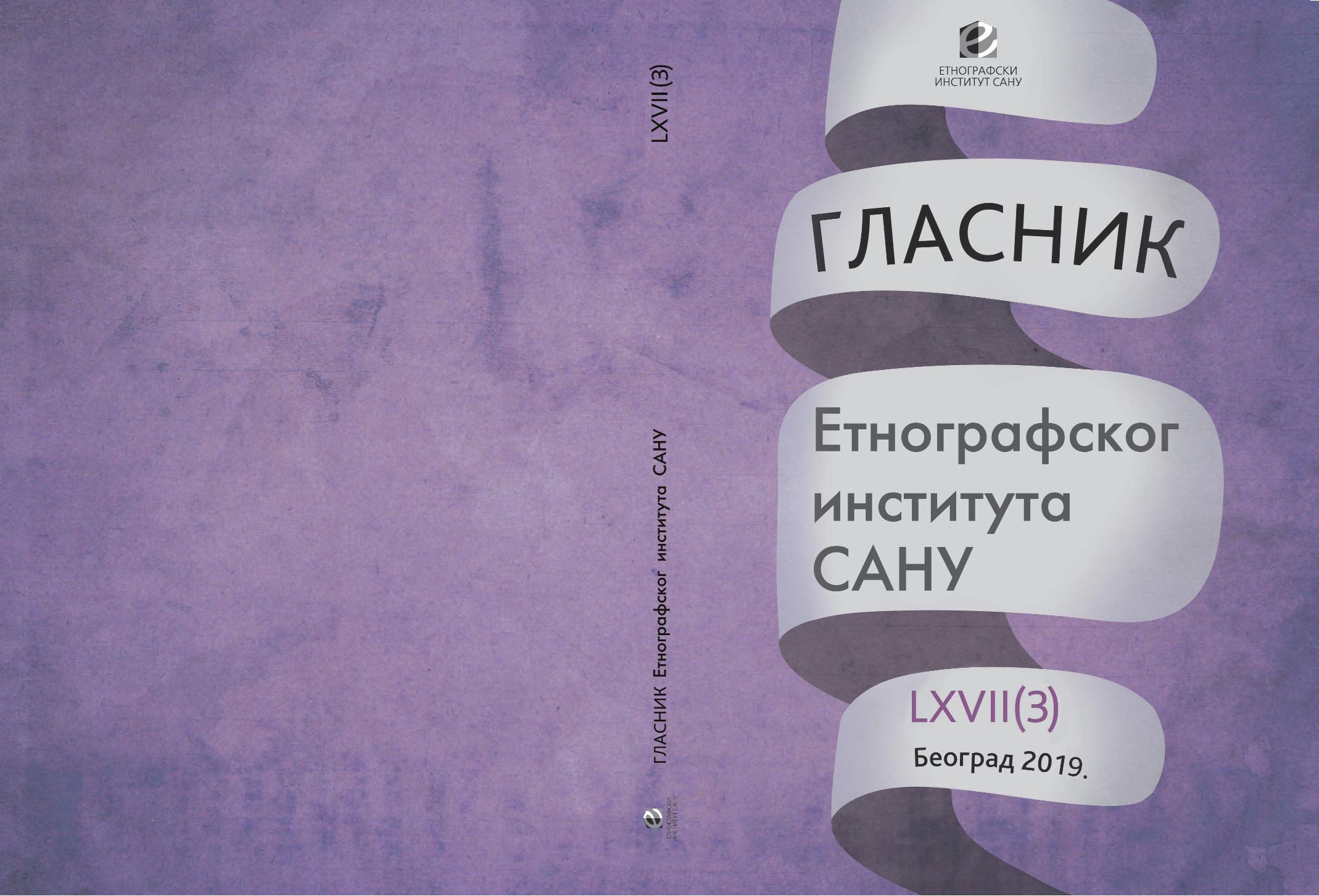Refugee Integration in Bulgaria: Conditions and Challenges
Refugee Integration in Bulgaria: Conditions and Challenges
Author(s): Yelis ErolovaSubject(s): Migration Studies
Published by: Етнографски институт САНУ
Keywords: asylum seekers; refugees; refugee integration; refugee adaptation
Summary/Abstract: Between 2013 and 2016, the inflow of Middle Eastern refugees to other European countries increased sharply. Their transit migration through Bulgaria was determined by their preliminary intention to settle in countries with a higher standard of living, affording better reception and better conditions for social integration. Few asylum seekers from Syria, Iraq, Afghanistan, Iran prefer Bulgaria as their final destination. The article focuses on their case and analyses the national legal framework and the policy decisions in the field of social and cultural integration by comparing these with society’s attitudes to refugees and with the asylum seekers/refugees’ expectations, impressions and experience, surveyed through in-depth interviews and focus group discussions held in 2018. The results of this comparative research show that refugees in Bulgaria have developed adaptive socio-economic and cultural strategies of their own according to their specific characteristics and needs in the context of different government integration programs lacking a clearly defined vision of integration, of blurred responsibility of state institutions, limitations and minimal effects of the existing legislation on social integration of refugees, negative public speech, and stereotypical social attitudes.
Journal: Гласник Етнографског института САНУ
- Issue Year: LXVII/2019
- Issue No: 3
- Page Range: 559-571
- Page Count: 13
- Language: English

